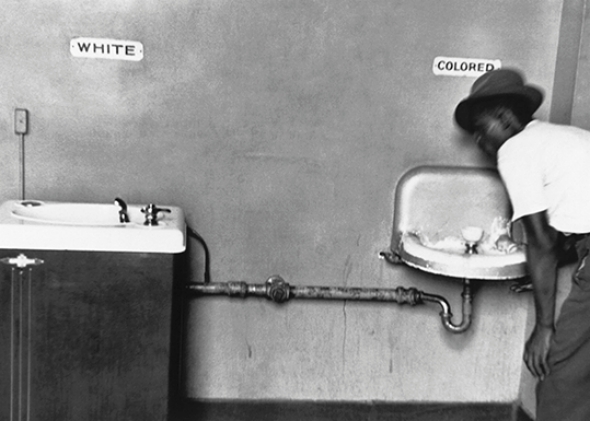What role has the “N” word played at Masters?

December 4, 2017
The “n” word originates from the Latin word for black, niger. The word was used as a derogatory term by the early 1800s to perpetuate the black stereotype: dumb, worthless, and lazy. A hierarchy where whites are at the top and blacks are at the bottom was created. This idea is shown through using the “n-word” to insult other ethnic groups. For example, Japanese people have been referred to “yellow-n*ggers” and Jews as “white-n*ggers”. Through the consistent misrepresentation of black people in media, black people have been misunderstood by the rest of American society. American society is rooted in a system where black people are at a disadvantage since they’re seen as lesser. Black people still feel the effects of slavery and segregation through police brutality and the inner workings of the criminal justice system. Anti-black prejudice is prominent throughout American society, and the “n” word is a representation of this prejudice that still exists.
At a recent class meeting, the 10th-grade class dean, Jeff Carnevale, addressed issues surrounding class members using the “n” word as slang.
Referring to how the word has been historically used, Carnevale made it clear to me and the rest of my peers that the word is inappropriate as slang, especially among white students. Everyone seemed to be shocked by this speech– most people seemed not to know this was a problem, and others didn’t understand what the problem was.
It was only a few days before the speech when two black friends expressed their anger to me. They explained how a group of white students was using the word casually and after asking the group of white students politely to stop, these black students were told that it was none of their business, which infuriated them. This frustration was further amplified after the speech was given, where students of color unaware of the situation were confused and hurt.
Sophomore Chelsea Hall said,“At first I thought ‘this shouldn’t even be a topic of conversation’ and when I went with my advisor and the people in my advisory, I was crying because I couldn’t believe that there were white students that had the audacity to say that word with their other white friends. I don’t think that they realize what power that word has. Black people are finally trying to take back a word that was so hurtful to them and make it a term of endearment and brotherhood, but when white people say it has this hurtful zing to it, no matter how nicely they intended it to be,”
“Some people have said ‘nothing like this could happen at Masters,’ but you have to realize this isn’t just a Masters problem,” said sophomore Madi Burton.
Pop culture today is heavily influenced by black culture, meaning it involves a lot of cultural appropriation. Cultural appropriation is defined as the act of taking or using things from a culture that is not your own, especially without showing that you understand or respect this culture, by Cambridge Dictionary. There are countless examples of the double standards of black culture used by black people and white people in pop culture, whether it’s Allure magazine teaching white women how to attain and style an afro or Katy Perry’s 2013 AMA performance. While black culture is celebrated, black people are not. Many people misunderstand or are ignorant of this reality. Black artists use the “n” word as a way of taking away discriminatory power from it and redefining the term. But, there’s no way that people who aren’t black can experience the extent of the power imbalance that black people experience. Although other people of color can relate to this experience, the extent of which they experience it is different. Obviously, these are generalizations, and everyone’s individual experience is different, but American society functions as a system where black people are seen as lesser than everyone else. While anyone can experience prejudice, there’s no way for a white person to experience racism within American society because white, European ideals have been ideals that American society adopted from the beginning. Because racism continues to exist within American society, and because the “n” word is associated with black prejudice, it’s a weapon when non-black people use the term. This idea may not be clear to some people. So, when people listen to black artists in pop music, it’s natural for fans to want to sing and use the same words and lyrics. But, the context changes depending on who is using it.
While the students’ intentions might not have come from a place of menace, this is a clear example of white privilege being exercised.
The “n” word used by black artists and between black Americans and communities is a way for the minority group to reclaim the term, and shift the power dynamic. When black people use the word as slang, it is inherently not in a context of derogation. However, the term is still used by non-black people to maintain the power imbalance and as a weapon to hurt the marginalized group. Until this power imbalance no longer exists throughout American society, black people still have to work to redefine the word on their own terms.
Clearly, the actions of my classmates have demonstrated the need for education and discussion about what “slang” is and the power of derogatory terms.



